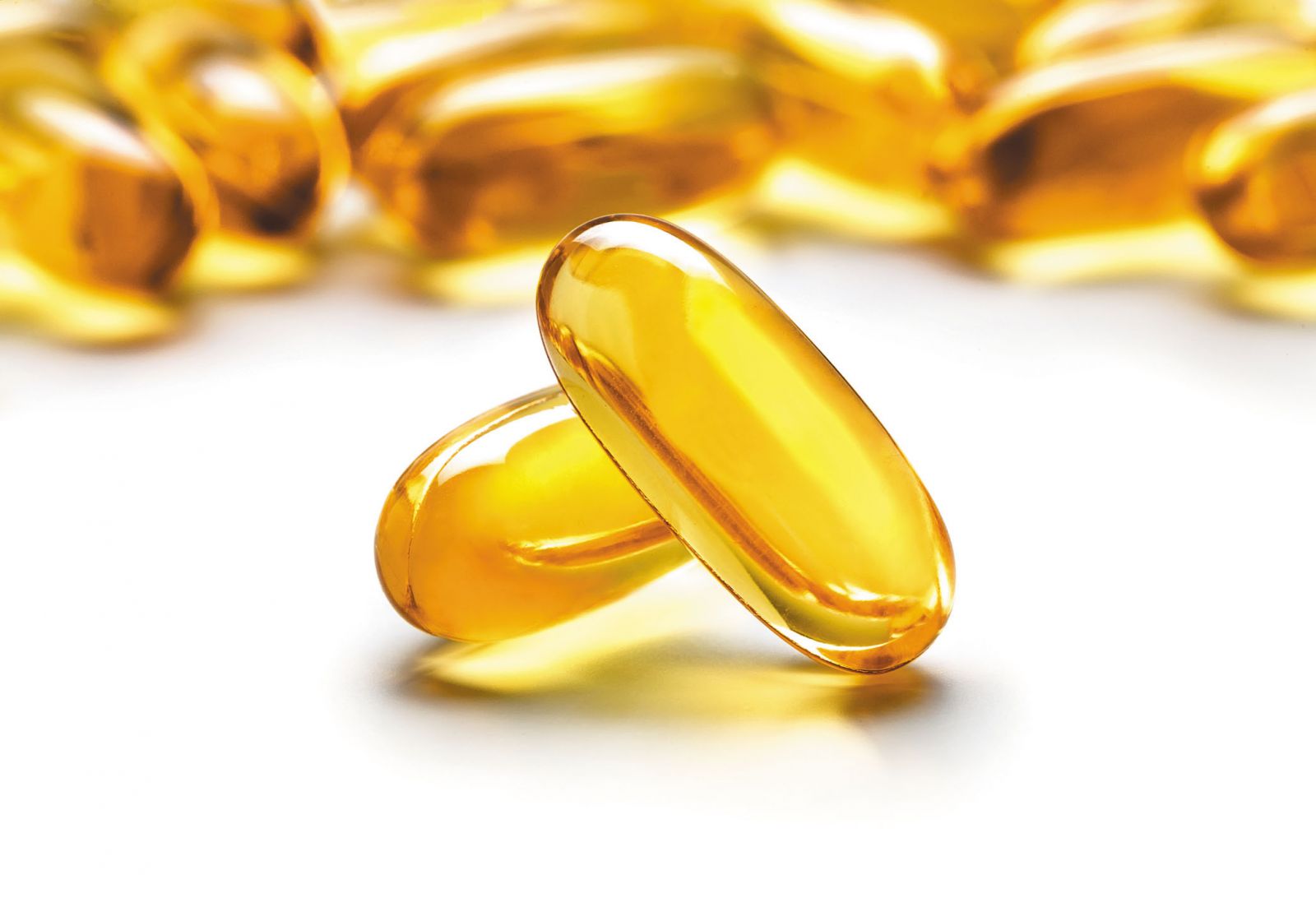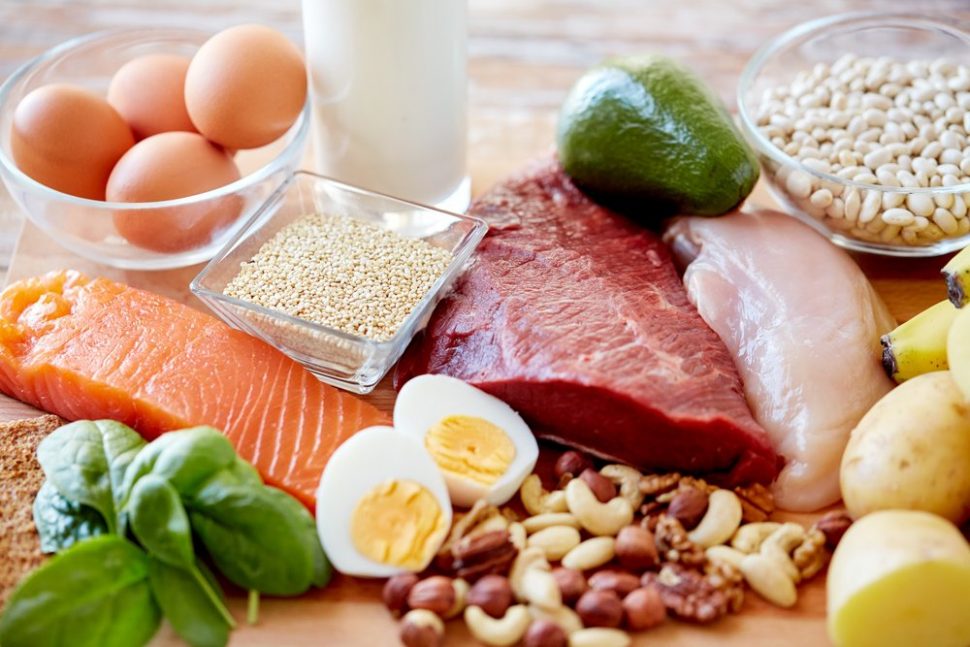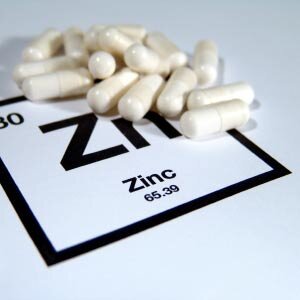Your skin requires balanced nutrients that improve your
skin texture, a barrier that saves the rest of your body from things that
damage your skin cells. To help retain your skin looking, working, and feeling
good, nourish it well from the core. You can search for the best nutritional supplements supplier like turmeric or lutein to get online multivitamins that suits your skin texture.
Also, it will save your time and helps you to increase your health.
Here are common Nutrients essential for healthy skin:
Healthy body Fats
It is how your skin gets its "glow." Lack of fats
in your diet can make your skin creased and dry.
Keep a check on mono-unsaturated and poly-unsaturated fats
from plants such as avocados, seeds, and nuts, and from fish. These benefits
your skin stay saturated, stable, and flexible, and they're better for your
heart than saturated fats.
Omega-3 fatty acids are a sort of polyunsaturated fat, which
a body can't make but it requires building a cell barrier. They also form a
chemical that lets skin cancer grow and spread, and they may reduce inflammation.
Protein
Your body makes the proteins you eat into building blocks
called amino acids and recycles them to make other proteins, with the collagen
and keratin creates the structure of the skin. Amino acids also support slough
off old skin.
Some amino acids are antioxidants that defend skin cells on
UV rays and from "free radicals" produced when your body breaks down
specific foods or is about cigarette smoke.
Vitamin A
Both the lower and upper layers of skin need vitamin A. It
looks to prevent sunstroke by preventing the method that breaks down collagen.
Because it's an antioxidant, it may provide your skin some protection on
sunburn but not as much as applying sunscreen). It boosts up the oil glands
near your hair follicles work and may also heal cuts and scrapes repair,
particularly if you are using steroids to decrease inflammation. Without having adequate vitamin A, your skin might get
dehydrated and itchy or rough.
Vitamin C
Vitamin C helps the puzzling web of protein hold its
contour. It's also a great antioxidant, shielding you from free radicals and
possibly reducing your risk of skin cancer. Low levels of vitamin C can make
easy bruising and bleeding gums, as well as slower-healing sores.
Vitamin E
Vitamin E antioxidant and anti-inflammatory can also consume
the energy from UV light, which destroys skin and leads to lines, sagging, and
skin cancer. It works with vitamin C to increase cell walls.
Zinc
The outer layer of your skin improves by zinc than the layer
under. Zinc helps your skin heal after damage. It's required to protect cell
walls stable and for cells to deal with and practice as they increase. Zinc may
defend skin from UV harm because of the way it works in connection to other
metals in your body such as copper and iron. It also works as an antioxidant.
Conclusion
Many people who are usually getting healthy nutrients they
need from their diets don't need to take a daily vitamin. Even though a daily
multivitamin doesn't seem to improve and prevent heart disease. If you're
concerned about your nutrition, talk with your dermatologist about whether
taking a daily vitamin might be a good option for your skin improvement.







No comments:
Post a Comment